Chatting with the Pros: Kevin J. Anderson
Posted: June 8, 2024 Filed under: Chatting with the Pros, Fiction, Interview, Publishing, Writing | Tags: Chatting with the Pros, Interview, Kaye Lynne Booth, Kevin J. Anderson, Writing to be Read 1 CommentWelcome to the revival of “Chatting with the Pros”, where I’ll be interviewing seasoned authors and experts in the publishing industry to learn what works for them and why. Learn from the experts and industry professionals as we explore the ins and outs of the publishing industry and gather tips and tools to add to our writer’s toolboxes to help make us all better writers.
Today I am pleased to introduce my guest for this first segment, international and national best seller, Kevin J. Anderson. I had the privilege of studying under him at Western State Colorado University, and besides being a successful author in the traditional publishing arena, he runs his own independent publishing house, Wordfire Press, and teaches the business of book publishing at Western. I pleased to welcome him here today because of all that, but there another reason which is maybe even more important. Kevin J. Anderson is a genuinely nice guy who enjoys down to earth things like hiking in the Colorado wilderness, as he dictates his next story, and he always makes time for fellow authors. Even with his extremely busy schedule making appearances at conferences and in person events, preparing for the upcoming movie release of Persephone, and teaching graduate courses, he didn’t hesitate to grant me this interview.
His generosity with his time and willingness to share with my readers is much appreciated, and you all are probably excited about it, too. So, I’ll just give you his bio real quick, and then we’ll get on with the interview.
About Author Kevin J. Anderson
I have written more than 175 books, including 59 national or international bestsellers. I have over 24 million books in print worldwide in thirty languages. I’ve been nominated for the Nebula Award, Hugo Award, Bram Stoker Award, Shamus Award, and Silver Falchion Award, and I’ve won the SFX Readers’ Choice Award, Golden Duck Award, Scribe Award, and New York Times Notable Book; in 2012 at San Diego Comic Con I received the Faust Grand Master Award for Lifetime Achievement.I have written numerous bestselling and critically acclaimed novels in the Dune universe with Brian Herbert, as well as Star Wars and X-Files novels. In my original work, I am best known for my Saga of Seven Suns series, the Terra Incognita trilogy, the Dan Shamble, Zombie PI series, and Clockwork Angels and Clockwork Lives with Neil Peart. Along with my wife Rebecca Moesta, I am also the publisher of WordFire Press. Find out more about me at wordfire.com, where you can sign up for my newsletter and get some free fiction.

Interview
You started out as a traditionally published author, back when that was the only way to do it. Now you have your own independent publishing company, Wordfire Press, where you publish your own books as well as the books of others. What prompted you to make the switch to independent publishing?
The publishing world changed in so many ways. As you say, there used to be only one main career path for an author, and many parts of it were out of the author’s control. But remarkable tools and opportunities became available around 2010 or so—an author with skills and persistence could now create their own books (covers, typesetting, interior design) and make ebooks and print books that were comparable to what trad publishers were doing…and that happened at the same time traditional publishing hit some real rough patches, with major houses consolidating down to only five big publishers (where there used to be a dozen or more), advances dropping, Borders book chain going bankrupt.
I had a lot of my own backlist titles that were out of print and readers wanted them, but no trad publisher wanted to reissue them. Many of my author friends were in the same situation. So I decided to do it myself.
You are always willing to help your fellow authors when you can. In fact, you share your expertise with aspiring authors and publishers on a daily basis as the head of the publishing program for Western State Colorado University, where I got my M.A. in publishing. I learned so much from you there, and you can’t share it all in one interview, so tell me, what is the most important piece of advice that you hope every one of your students comes away with?
That there are plenty of possibilities out there for an aspiring author or publisher—more so now than ever before. If you put in the work and learn what you’re doing, you CAN get your book published and available for sale worldwide. Whether or not it’s successful depends on a lot of factors, many of which are out of your control—but a lot of them ARE things you can control. Big publishers are very slow to adapt to changing market circumstances, but you can be nimble and respond to what readers want. Be a speedboat instead of an oil tanker.
You are one of the most prolific writers that I know of. You do things a little differently from many authors, in that you dictate your stories and have a team of folks who work with you to be sure the publication of each book goes smoothly. So, what is your best piece of advice for authors wishing to increase their productivity?
Ha, well I could plug my book Million Dollar Productivity, which distills a lecture/workshop I have given hundreds of times. There are many different tips and techniques to find more time to write and to squeeze more writing out of the time you have. A lot of it is prioritizing your work—consider it your job, and put in a day of work. I am a lot more productive by writing with dictation—I go out on a walk or a hike and I tell my story aloud, which (to me) is a lot faster and more inspirational than sitting in an office and pounding on a keyboard.
And I think the real key is that I truly love to write.
Within the past couple of years, you’ve begun to sell books direct through Kickstarter. Could you tell my readers why you did that and how it is working out for you?
That was a surprise to me, and not something I thought I was interested in doing. I had seen other authors run Kickstarters to raise money for pet projects they wanted to do. Then I had a series I loved—Dan Shamble, Zombie P.I. The first four novels were published by a trad publisher, not very successfully. Humorous horror was not my “brand” of big epic SF, but I just had so much fun writing them. I published a story collection at my own WordFire Press, and eventually got the rights back to the novels and reissued them at WordFire. Finally I wrote the next novel in the series and published it myself. They did OK, but nothing comparable to the big books I was doing with trad publishers, so I had kind of given up on the series.
But fans kept asking for more, and a friend of mine suggest I run a Kickstarter for the next novel in the series. That way the fans could put their own money down and prove they were interested. If not enough people supported it, I wouldn’t do it. Wow, did they want it! The Kickstarter earned three times as much money as the trad publisher was paying. It showed me the real power of a dedicated fan base. I’ve run five total now, all of them very successful, and I save them for very special projects I want to do.
Any advice for someone considering running a Kickstarter campaign?
Know what you’re doing, do something unique—and have as big a platform as you can. Your supporters will come from the pool of people who like your writing, like your subject matter, and believe that you will deliver. And don’t underestimate how much WORK it is, not only to build the campaign, but to run it and promote it successfully, and then the real fun of having to produce the book (and all the goodies) that you promised.
What do you think is the biggest misconception aspiring authors have about publishing that first book?
That they will instantly get rich and famous. Most first novels don’t do very well at all, but the next one maybe does a little better, and then the next one. It’s a long haul.
You write mostly science fiction and fantasy. You’ve written Star Wars books, and X-Files, and of course the Dune books with Brian Herbert. Persephone is coming out as a motion picture soon, or maybe it has already. You’ve written the Dan Shamble, Zombie P.I. books and The Dragon Business books, which are a mixture of dark humor and fantasy or speculative fiction. Your story take place in fantastical imaginary worlds which are always fun to read. Where do your ideas come from?
Mostly from reading a lot, watching a lot of movies and shows, and having a goofy imagination. I’m a big fan of the various genres and I love living in them.
As someone who has been in the business for a while now, what do you see as the future for the publishing industry?
I think it’s very bright and vibrant. I was just at a convention last weekend that had an entire dealers’ room set aside solely for authors who had published their own books and were there to meet new readers and promote their work. The “democratization” of publishing is amazing and writers have a direct line to connecting with their readers, rather than going through a lot of intermediary steps. IF you’re willing to do the work.
A current hot topic in the writing and publishing worlds is the use of generative AI in writing and imagery, and even AI narration for audiobooks. Where do you stand on the use of AI?
I like AI as a *tool* for streamlining some of the more tedious parts of writing. Effectively a really smart spellchecker. And writers are stupid if they refuse to use a spellchecker. I use an AI routine to swiftly and cleanly transcribe my dictation, and it works great. It doesn’t rewrite anything, doesn’t “improve” what I wrote…just alleviates the grunt work.
But I’m not OK with using AI as a crutch to write your book for you. That’s what your brain is for.
Is there one book you have wanted to write, but haven’t written yet. If so, what is it and why not?
In college I minored in Russian History, and I was captivated by Russian/Ukrainian history and folklore. I always wanted to write my Russian equivalent of SHOGUN, and I have the great story in my head, but the sheer amount of work and research it would entail just makes it impossible for me. I don’t know that I’ll ever get around to it.
___________________________________
Thank you so much for sharing with us, Kevin. You’ve been a wondereful guest. I know you are a fountain of writing and publishing information, and we can only cover so much in this brief interview. In addition to being one of the most prolific authors I know of, you are also one of the busiest, but you always answer emails promptly and were gracious enough to join us here today.
Kevin loves readers as much as he does his fellow authors. If you’re a science fiction or fantasy fan, then you are both. You can learn more about Kevin on the WordFire Press website, or better yet, sign up for his Newsletter, where he shares lots of photos of conferences and cats, and there is occasionally a free book.
Join us next month on “Chatting with the Pros”, when my guest will be author and publishing industry expert, Mark Leslie Lefebvre.
________________________________________
This segment of “Chatting with the Pros” is sponsored by The D.I.Y. Author and WordCrafter Press.
n author involves not only writing, but often, the publishing and marketing of the book.
In this writer’s reference guide, multi-genre author and independent publisher, Kaye Lynne Booth shares her knowledge and experiences and the tools, books, references and sites to help you learn the business of being an author.
Topics Include:
Becoming Prolific
Writing Tools
Outlining
Making Quality a Priority
Publishing Models & Trends
Marketing Your Book
Book Covers & Blurbs
Book Events—In Person & Virtual
And more…

Get your copy today: https://books2read.com/The-DIY-Author
Discover more from Writing to be Read
Subscribe to get the latest posts sent to your email.



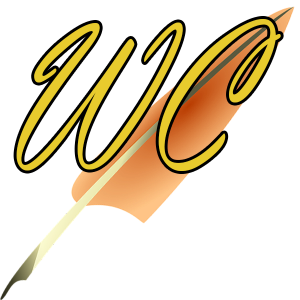





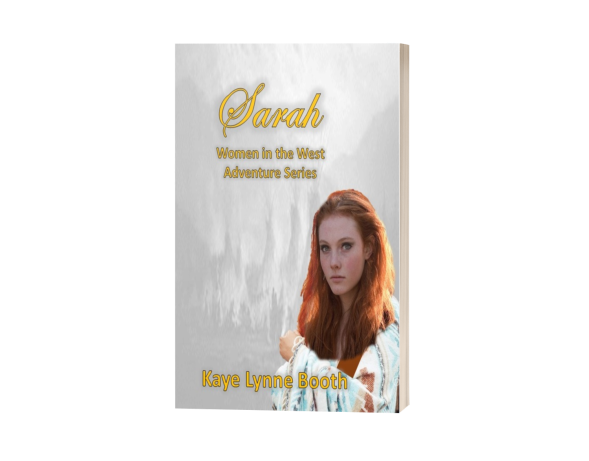
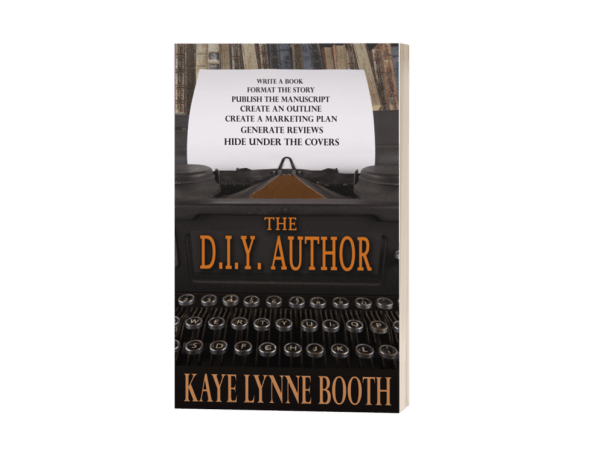
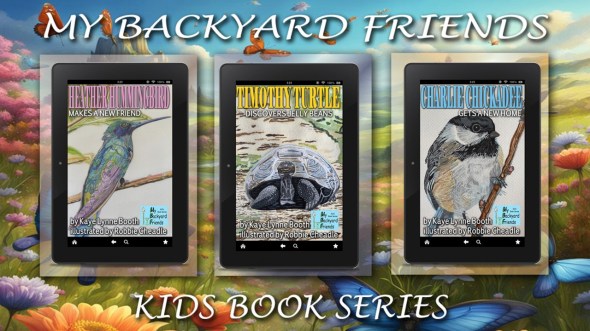








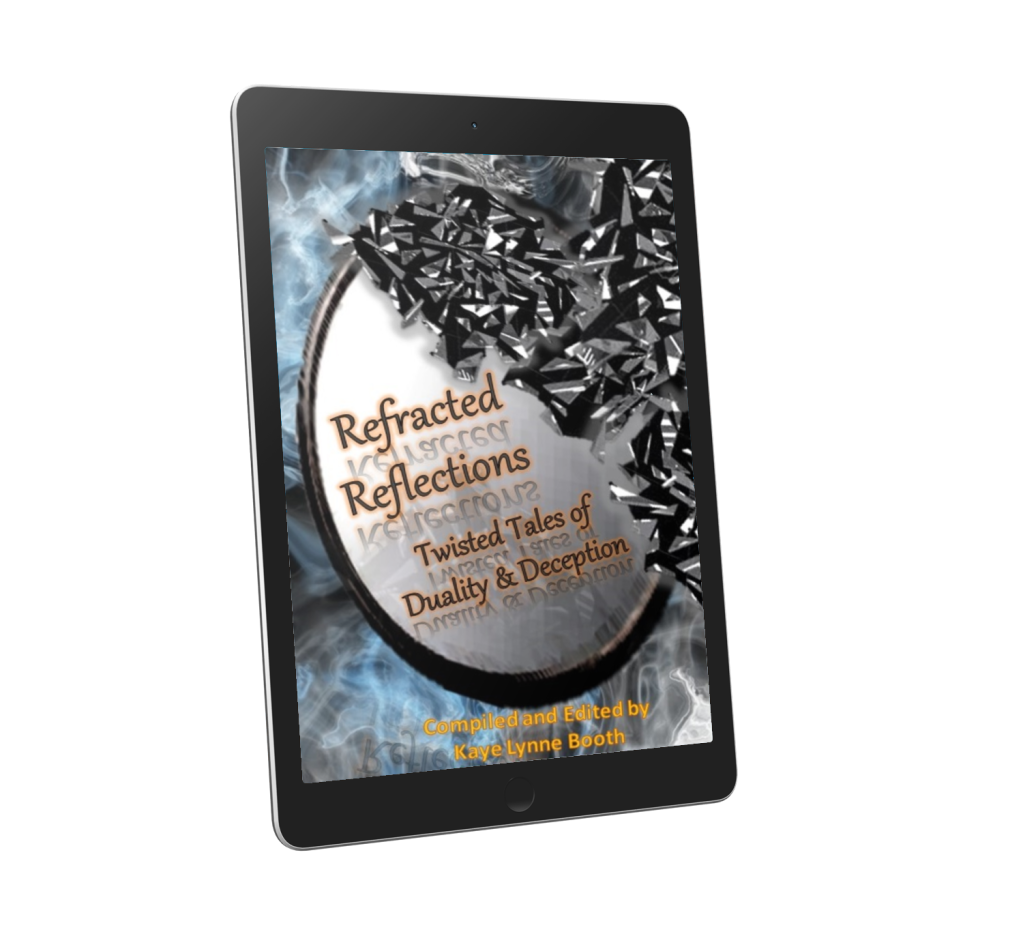




[…] Fantasy/Science Fiction author, Kevin J. Anderson […]
LikeLike